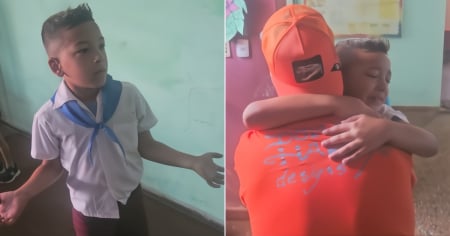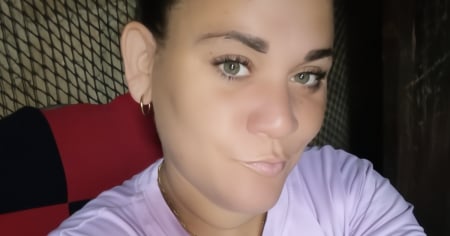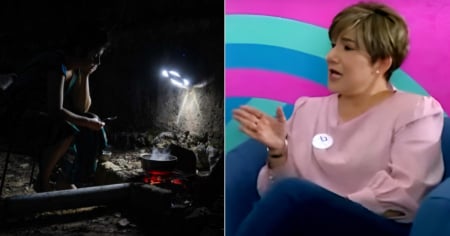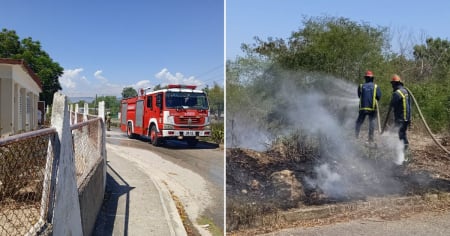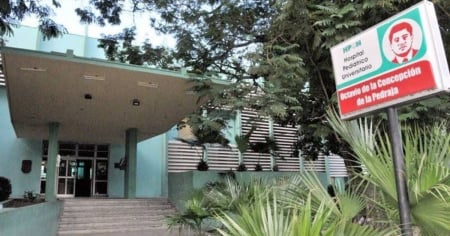The Cuban Ministry of Public Health (MINSAP) defended on Friday during a special television appearance the care provided to the child Damir Ortiz at the Juan Manuel Márquez Pediatric Hospital and blamed the mother for interfering in the child's treatment.
Officials and doctors claimed that all medical decisions regarding the minor—who was transferred to a hospital in Miami in extremely critical condition following an intense social media campaign—"were made by consensus" and that the "priority was always the child's well-being."
The controversy, which sparked extensive debate on social media, involves accusations regarding the lack of adequate attention in Cuba and the poor diagnosis received by the minor.

In his speech, the MINSAP stated that the refusal to perform a biopsy was a decision made by the family, not by the doctors.
A spokesperson from the hospital emphasized that "it is not a miracle that the child is doing better now; it is the expected result of properly administering the specific oncology treatment and having the appropriate support for care in Cuba."
They also mentioned that regarding the criticism about the lack of treatment, it was a complex situation in which "opportunities were missed" due to the mother's refusal to allow certain procedures.
On her part, the mother of Damir, Eliannis Ramírez, has maintained that the child received inadequate treatment in Cuba and was misdiagnosed, which put his life at risk.
Ramírez and Cuban activists also denounced the lack of adequate medical attention on the island for serious illnesses, especially for children like Damir, who suffered for years without receiving the proper treatment.
The activist Diasniurka Salcedo, who helped transfer the patient out of Cuba, commented that the child had been sick for years and that his condition had worsened due to the lack of timely medical attention.
Remember that the MINSAP did not provide a letter or the necessary documents in time for the US Embassy in Havana to grant the family a humanitarian visa, and only did so when the minor's health had deteriorated to a critical point.
On March 12, after months of efforts by Cuban civil society and activists, Damir was finally transferred to a hospital in Florida, where he was diagnosed with a condition different from what he had been informed of in Cuba.
According to Ramírez, the child arrived in a septic state due to a lung bacteria that had gone undetected in Cuba, and the leukemia diagnosis they had given was incorrect.
The intervention from MINSAP, which was broadcast on television and radio, aimed to explain the procedures followed in Cuba and highlight the ethics and sensitivity of healthcare professionals on the island.
However, this intervention has been seen by many as a strategy by the Cuban government to manipulate information and dismiss criticism.
Activists and relatives of other patients have pointed out that, increasingly, Cuban families are turning to social media to highlight the difficult situation of the healthcare system in Cuba and to seek assistance for transferring the sick to hospitals in other countries.
In response to the appearance of health officials on national television, Damir's mother announced a press conference for next Monday.
Ramírez has kept his son's diagnosis in Miami a secret because, as he has announced, he does not rule out a lawsuit against the regime in Havana.
The case of Damir Ortiz remains a symbol of the struggle for access to adequate healthcare in Cuba, and highlights the responsibility of the Cuban regime in the crisis of the healthcare system.
Filed under:

